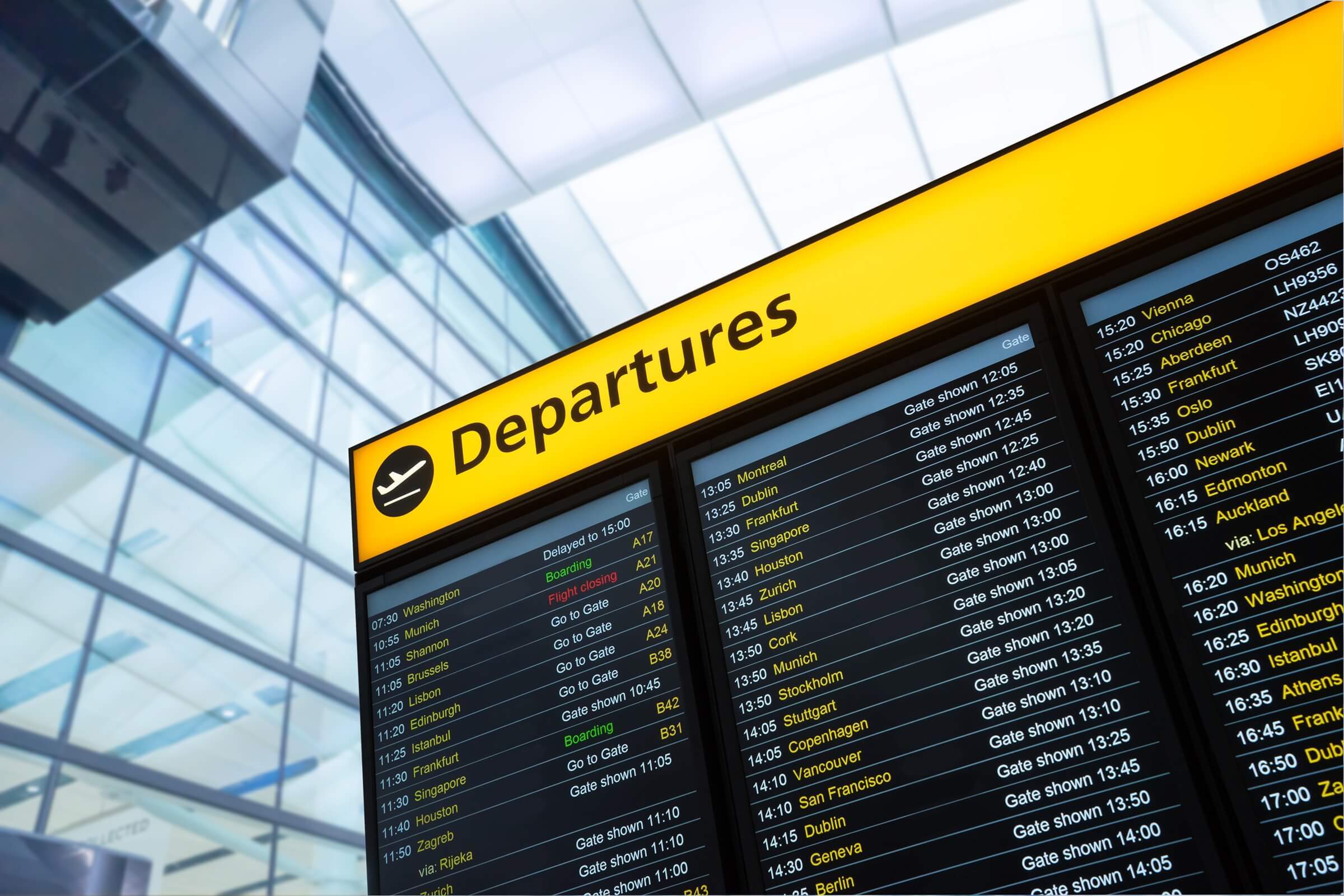Aviation industry needs over a million new skilled workers

The aviation industry is soaring to new heights, but it faces a significant challenge: a growing demand for skilled workers. According to recent reports, the aviation sector will require over a million new professionals in the coming years to meet the industry's expanding needs. This article delves into the critical shortage of skilled workers in the aviation industry, the factors contributing to this shortage, and the necessary steps to address this pressing issue.
The skills gap in the aviation sector
As air travel continues to expand and global connectivity increases, the demand for skilled aviation professionals is reaching unprecedented levels. However, the industry is grappling with a notable skills gap, meaning that there is a shortage of qualified individuals with the expertise required to meet the industry's evolving demands. The shortage spans various sectors within aviation, including pilots, aircraft maintenance technicians, air traffic controllers, and aerospace engineers.
Factors contributing to the shortage
Several factors contribute to the shortage of skilled workers in the aviation industry. Firstly, the sector is experiencing rapid growth, fueled by the increasing number of passengers and the expansion of air cargo operations. This growth has outpaced the rate at which new professionals are entering the industry, leading to an imbalance in supply and demand.
Secondly, the aging workforce is another significant factor. Many experienced professionals are nearing retirement age, creating a void that needs to be filled by a new generation of skilled workers. This demographic shift further exacerbates the skills gap, as it takes time and resources to train and develop the necessary expertise in aviation-related fields.
Lastly, attracting and retaining talent in the aviation industry poses a challenge due to the perception of the sector as a high-stress and demanding field. Additionally, the cost and duration of training programs can be a barrier for aspiring aviation professionals.
Addressing the skills gap
To bridge the skills gap in the aviation industry, concerted efforts must be made by industry stakeholders, educational institutions, and governments. Here are some key steps that can be taken to address this pressing issue:
Industry-Government Collaboration: Collaboration between aviation industry players and governments is crucial. This includes initiatives to promote careers in aviation, financial support for training programs, and the development of policies that facilitate the recruitment and retention of skilled professionals.
Education and Training Programs: Enhancing and expanding educational and training programs is essential to meet the growing demand for skilled workers. This involves partnerships between aviation companies and educational institutions to provide industry-relevant curriculum, apprenticeships, and internship opportunities.
Promotion of Diversity and Inclusion: Encouraging diversity and inclusion in the aviation industry can help attract a wider pool of talent. Efforts should be made to eliminate barriers and promote equal opportunities for underrepresented groups, including women and minority communities.
Retention and Professional Development: Fostering an environment that supports the growth and development of aviation professionals is crucial for retaining talent. Companies should invest in ongoing training programs, mentorship opportunities, and attractive career progression pathways to retain skilled workers.
Technological Advancements: Embracing technological advancements in the aviation industry can help streamline operations and reduce the workload on professionals. Automation, artificial intelligence, and digital solutions can alleviate some of the workforce demands while enhancing efficiency and safety.
The aviation industry is facing a significant challenge with a shortage of over a million skilled workers. Addressing this issue requires collaborative efforts between industry stakeholders, educational institutions, and governments. By promoting careers in aviation, expanding training programs, fostering diversity and inclusion, and embracing technological advancements, the industry can bridge the skills gap and ensure a sustainable workforce for the future. It is imperative that proactive measures are taken now to meet the evolving demands of the aviation industry and maintain its continued growth and success.
Latest posts
Top European airlines with delays and cancellations
Discover the top European airlines with the most delays and cancellations. Learn causes, trends, and tips to avoid travel disruptions.
Lost or damaged luggage? Our step-by-step guide
Lost or damaged luggage? Follow our step-by-step guide for tips on filing claims, recovery and solutions.
Top Christmas destinations: Europe and beyond
Discover the top Christmas destinations in Europe and beyond – festive markets, magical winter landscapes, and more!
About MYFLYRIGHT
MYFLYRIGHT is a legal tech company, specialized in the support of airline passengers affected by flight delays, flight cancellations, denied boarding, delayed or lost luggage and the refund of unused airline tickets. MYFLYRIGHT was founded 2016 in Hamburg, Germany. The company operates out of 3 offices, its headquarter in Hamburg and its branches in Prague, Czech Republic and Zaporizhia, Ukraine. Currently, MYFLYRIGHT employs a team of around 25 people working in Marketing, Operations, Legal, Customer Support and IT. The organization operates across 5 markets – Germany, United Kingdom, Romania, Austria, and Switzerland.
MYFLYRIGHT’s goal is to provide access to justice for all aviation passengers who experience irregularities in their flight transportation. Notably, 75% of all compensation requests submitted by passengers get rejected. Whereas, MYFLYRIGHT is able to successfully execute the applicable customer claims in more than 98% of cases at court.












